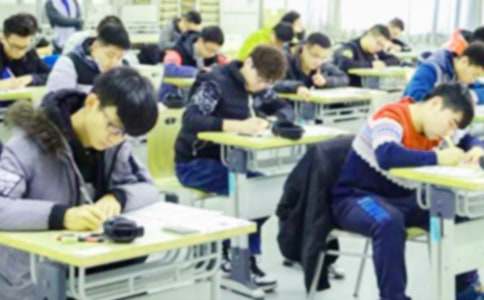- 相关推荐
2014年ACCA考试模拟题
ACCA考试精选模拟题一

Required:
(i) Explain the three levels of Kohlberg‘s theory. (6 marks)
(ii) Identify the level that Mr Mineta operated at and justify your choice using evidence from the case. (4 marks)
(iii) Identify, with reasons, the stage (or ‘plane’) of Kohlberg‘s moral development most appropriate for a professional bank employee such as Mr Mineta as he undertakes his trading duties. (2 marks)
(b) Explain FIVE typical causes of internal control failure and assess the internal control performance of Global-bank in the case scenario. (10 marks)
(c) Analyse the agency relationship that exists between the board of Global-bank and the trustees of the Shalala Pension Fund. (4 marks)
(d) Distinguish between narrow and wide stakeholders and identify three narrow stakeholders in Global-bank (based on Evan & Freeman’s definition) from information in the case. Assess the potential impact of the events described on each narrow stakeholder identified. (10 marks)
(e) You have been asked to draft a letter from Millau Haber,chairman of the Shalala trustees,to Mrs Keefer as a result of concerns over the events described in the case. The letter should explain the roles and responsibilities of the chief executive in internal control,and criticise Mrs Keefer’s performance in that role. (10 marks)
Professional marks are available in part (e) for the structure, content, style and layout of the letter. (4 marks)
ACCA考试精选模拟题二
1 Global-bank is a prominent European bank with branches throughout Europe and investment arms in many locations throughout the world. It is regarded as one of the world’s major international banks. Through its network of investment offices throughout the world,fund managers trade in local investment markets and equities. Futures and derivative traders also operate. Its primary listing is in London although it is also listed in most of the other global stock markets including New York,Hong Kong,Frankfurt and Singapore. As with similar banks in its position, Global-bank’s structure is complicated and the complexity of its operations makes the strategic management of the company a demanding and highly technical process. Up until the autumn of 2008,investors had a high degree of confidence in the Global-bank board as it had delivered healthy profits for many years.
In the autumn of 2008,it came to light that Jack Mineta,a Global-bank derivatives trader in the large city office in Philos,had made a very large loss dealing in derivatives over a three-month period. It emerged that the losses arose from Mr Mineta’s practice of ignoring the company trading rules which placed limits on,and also restricted, the type of financial instruments and derivatives that could be traded.
The loss,estimated to be approximately US$7 billion,was described by one analyst as ‘a huge amount of money and enough to threaten the survival of the whole company’. As soon as the loss was uncovered,Mr Mineta was suspended from his job and the police were called in to check for evidence of fraud. The newspapers quickly reported the story,referring to Mr Mineta as a ‘rogue trader’ and asking how so much money could be lost without the bank’s senior management being aware of it. It turned out that Mr Mineta’s line manager at the Philos office had ignored the trading rules in the past in pursuit of higher profits through more risky transactions. Mr Mineta had considerably exceeded his trading limit and this had resulted in the huge loss. It later emerged that Mr Mineta had been dealing in unauthorised products which were one of the riskiest forms of derivatives.
At a press conference after Mr Mineta’s arrest, Global-bank’s chief executive, Mrs Barbara Keefer,said that her first priority would be to ask the Philos office why the normal internal controls had not been effective in monitoring Mr Mineta’s activities. It emerged that Mr Mineta had in the past been one of Global-bank’s most profitable derivatives traders. Some journalists suggested to Mrs Keefer that the company was happy to ignore normal trading rules when Mr Mineta was making profits because it suited them to do so.
【ACCA考试模拟题】相关文章:
2015年ACCA考试模拟试题08-13
2015年ACCA考试模拟强化练习题09-26
执业医师考试模拟题09-27
普通话考试全真考试模拟题07-25
2017年司法考试的考试模拟题08-17
普通话考试全真考试模拟题10-12
普通话考试模拟题07-10
基金从业考试全真模拟题04-25
职场英语考试模拟题10-21
普通话考试模拟题06-24